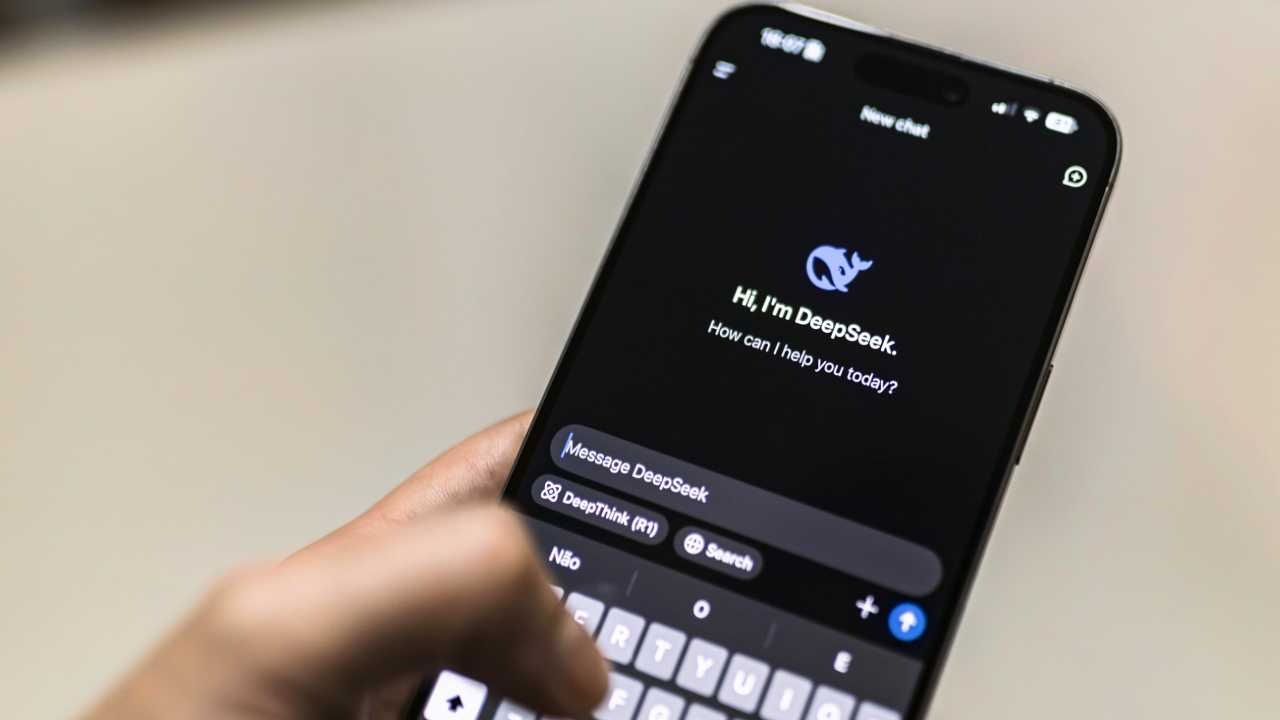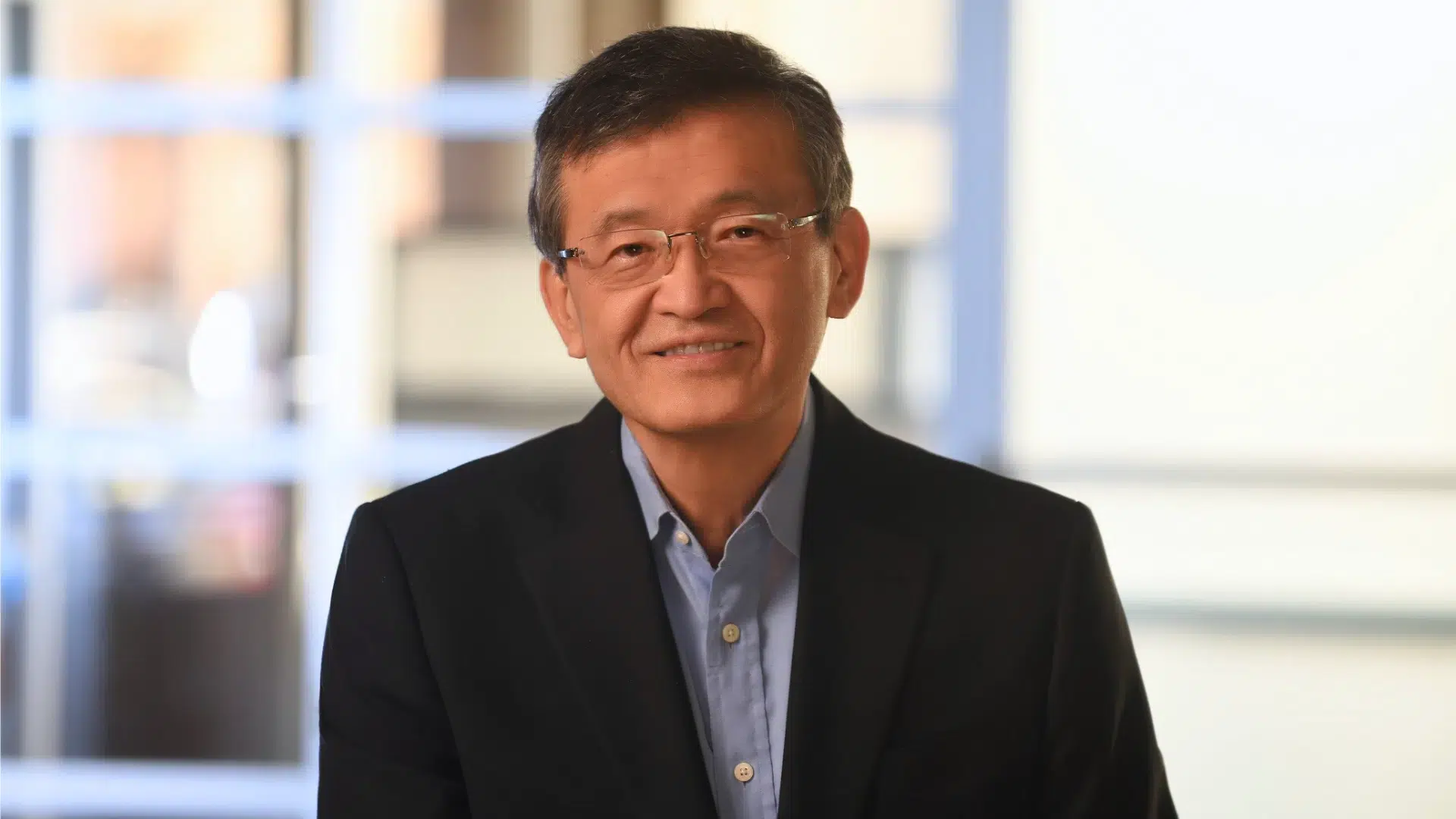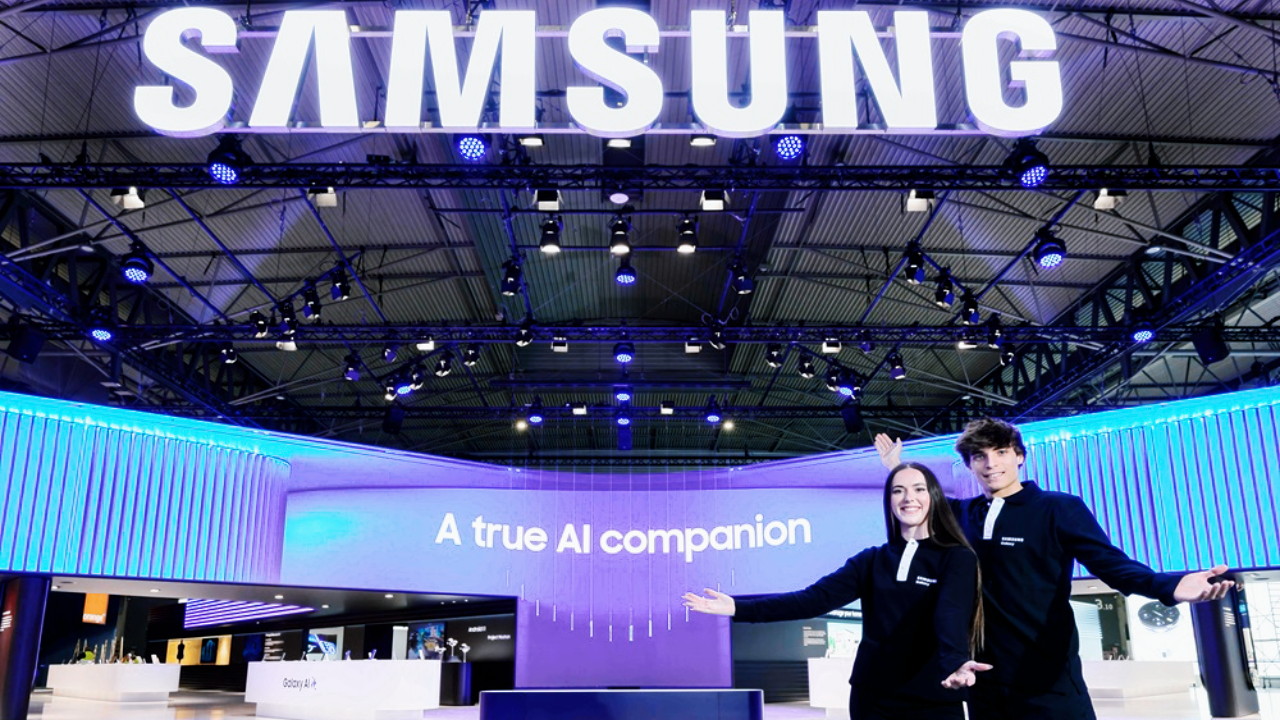China’s AI ‘little dragon’, DeepSeek, has returned to the scene after almost a year’s public absence – but its message was far from industry optimism. At the government’s World Internet Conference in Wuzhen, the company’s senior researcher, Chen Deli, gave a surprisingly pessimistic assessment of the long-term impact of the technology he himself is developing.
DeepSeek became a global sensation in January when its low-cost, open source (open source) models showed performance in key benchmarks that outperformed leading US counterparts. Despite this success, the company has adopted a strategy of near-total silence. Its founder and CEO, Liang Wenfeng, has only appeared publicly once, in February, in a televised meeting with President Xi Jinping.
Chen Deli’s speech at Wuzhen was therefore the first substantive voice from inside the company in months. While the researcher acknowledged that AI will be a “great help” to humanity in the short term, his predictions quickly became bleak. Chen warned that as early as five to 10 years out, technology could threaten jobs by taking over “some” of the tasks performed by humans.
His long-term vision is even more worrying. “In the next 10-20 years, artificial intelligence could take over the rest of the work,” – Chen said, adding that society will face a “huge challenge”. In this scenario, he stressed, technology companies must take on the role of protector, although he himself is very positive about the technology but sees the negative impact it could have on society.
This publicly expressed caution contrasts with the strategic role DeepSeek now plays in China. The company has become a symbol of the country’s technological capabilities and resilience in the face of US sanctions, particularly those relating to access to advanced chips. DeepSeek has become a key player in building the domestic AI ecosystem, optimising its models for Chinese hardware.
Its software is compatible with processors from local champions such as Cambricon and Huawei. When DeepSeek announced a model update optimised for Chinese chips in August, it triggered a surge in the share prices of domestic component manufacturers.
The sudden success of open-source models such as DeepSeek demonstrates that the barriers to entry in advanced AI are rapidly falling, forcing companies to immediately review their own technology strategy and rate of adoption. At the same time, an unprecedented warning from inside a leading lab signals that an ‘automation at all costs’ strategy is risky and requires boards to prepare viable plans to manage labour market transformation.












